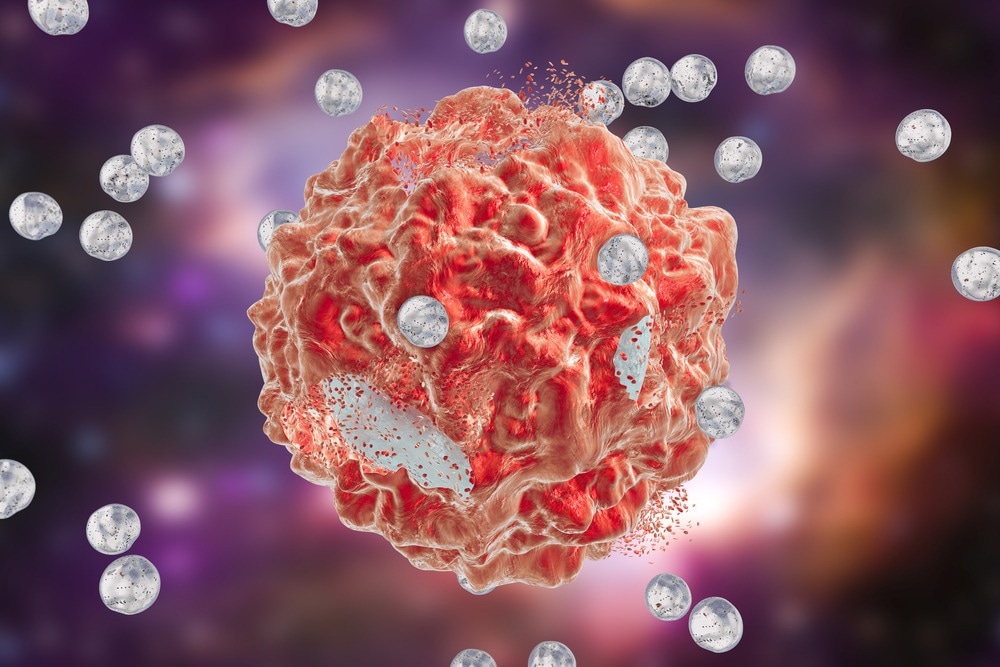
AI Revolutionizes Cancer Treatment with Precision NanomedicineAI Revolutionizes Cancer Treatment with Precision Nanomedicine The emergence of artificial intelligence (AI) is transforming the healthcare landscape, particularly in the realm of cancer treatment. AI-powered technologies are fueling the development of precision nanomedicine, which holds immense promise for revolutionizing cancer care. Precision Diagnosis and Targeted Delivery AI algorithms can analyze vast medical databases, including patient history, imaging, and molecular data, to identify patterns and risk factors associated with cancer development. This enables clinicians to make more accurate diagnoses and develop personalized treatment plans. Nanomedicine, on the other hand, involves the delivery of therapeutic agents directly to tumor cells using nanoscale carriers. AI can optimize the design and synthesis of these nanoparticles, tailoring them to specific cancer types and even individual patients. By precisely targeting tumor cells, AI-driven nanomedicine can minimize side effects and maximize therapeutic efficacy. Novel Therapeutics and Drug Discovery AI is also contributing to the discovery of novel cancer therapeutics. Machine learning algorithms can screen millions of potential drug candidates, identifying those with the highest potential for efficacy. Additionally, AI can predict how drugs will interact with the tumor microenvironment, guiding the development of combination therapies for enhanced effectiveness. Personalized Treatment Plans AI-powered platforms can integrate patient data, treatment history, and real-time monitoring to create personalized treatment plans. By continuously analyzing and interpreting medical information, AI can adjust treatment strategies in response to the patient’s response and evolving disease. This adaptive approach maximizes the chances of achieving optimal outcomes. Early Detection and Prevention AI-driven cancer screening tools can identify early-stage tumors, even before symptoms appear. By using AI to analyze imaging or blood samples, clinicians can detect cancer at a curable stage, significantly improving treatment outcomes. Revolutionizing Cancer Care The convergence of AI and nanomedicine is revolutionizing cancer treatment in several ways: * Improved patient outcomes: Precision diagnosis and targeted delivery lead to more effective therapies with reduced side effects. * Personalized treatment: AI-powered platforms tailor treatment plans to individual patients, maximizing benefits. * Accelerated drug discovery: AI enables faster identification and development of novel therapeutics. * Early detection: AI-driven screening tools facilitate early diagnosis, leading to better treatment options. * Reduced healthcare costs: Precision nanomedicine can reduce unnecessary treatments and hospitalizations, saving healthcare resources. Conclusion The integration of AI into precision nanomedicine is transforming cancer treatment. By enabling accurate diagnosis, targeted drug delivery, novel drug discovery, personalized treatment plans, and early detection, AI has the potential to significantly improve patient outcomes and reshape the future of cancer care.
Posted inNews